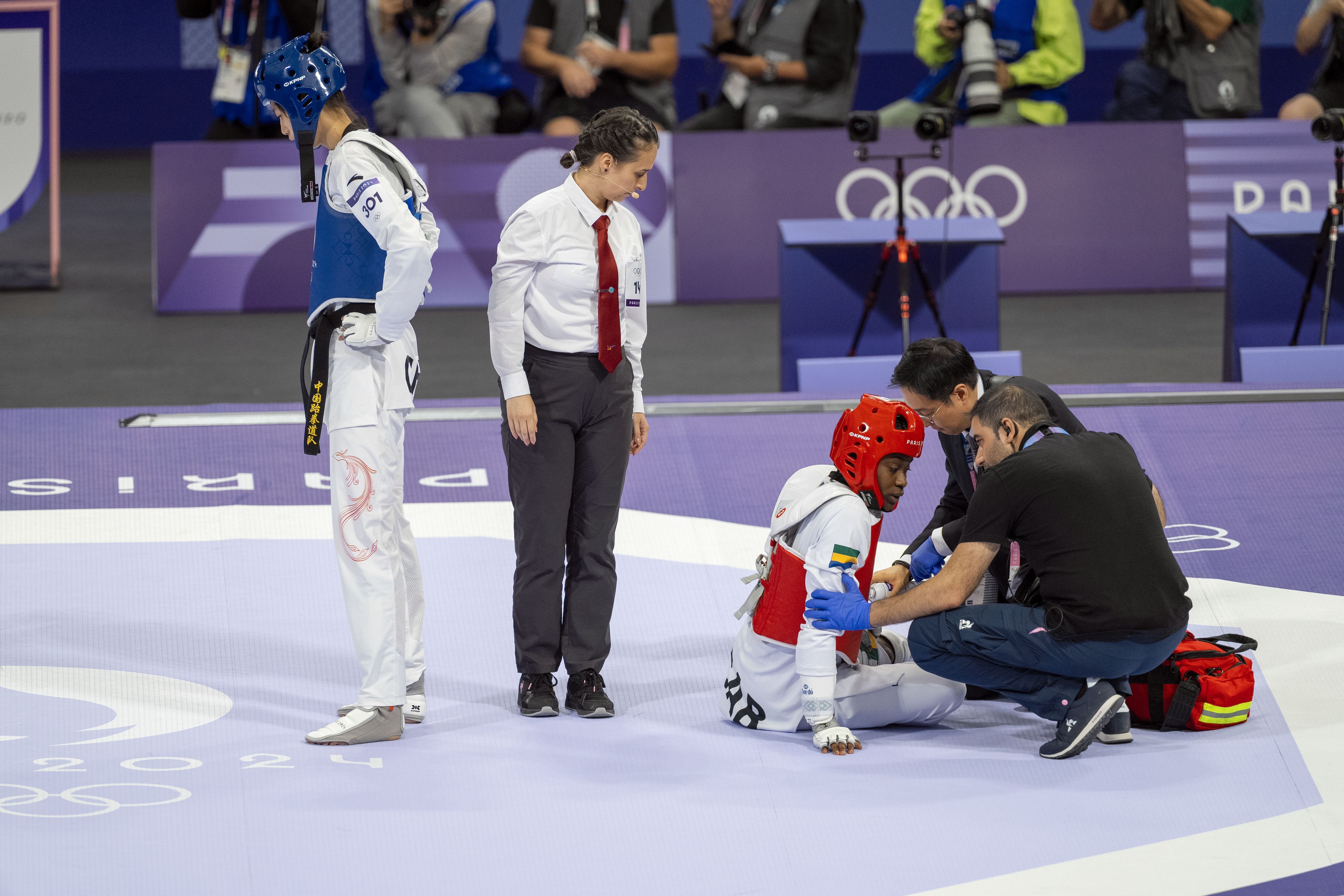The “Backpack” That Shouldn’t Get Too Heavy
Total Load is the sum of everything that affects you during a day. Some things will give you energy, while others will take energy from you. The key is to find the right balance. Ultimately, your total load determines much of your training outcome.

If you’ve read about load management, we discussed how training load affects training results. But when we talk about training load in terms of intensity, duration, and frequency, we forget something very important – and that is that we are all humans!
Everything that happens in a day is a form of load. Therefore, think of everything that happens in your life during a day being placed into a backpack.
The sum of everything placed in this backpack is your TOTAL LOAD. The total loadis determined by your training load AND all the other small and big things you experience. And it helps determine the results you get from your training.
Did you know that...
..."total load" is the sum of everthing that affects how tired an athlete becomes phyiscally and mentally. Such as school, training, friends, food, sleep, travel, coaches, competitions, social media etc.
Total Load = physical + mental load in life, both in and outside sports.
Something important to remember is that what you put in your backpack can affect your total load both negatively and positively (making the backpack heavier or lighter). If you’veargued with family, friends, or your partner, this is a psychological factor that negatively impacts you, making the backpack heavier and increasing your total load. On the other hand, a pleasant evening with family, friends, or your partner might help you relax and recharge, making the backpack lighter and your total load smaller.
How do you spend your time?
Here are some examples of how we spend our time:
- Training
- Competition/game
- School
- Friends
- Family
- Partner
- Transport home-school-training
- Sleep
- Mobile/Social Media
- Various hobbies
- Relaxation
- Doing nothing – just lying with your legs up
- Social events
- Meals
Why is this important to think about?
A week consists of 168 hours. This means there is a time limit on what you can actually manage to do or participate in during a week without it affecting something else.
If your total load is too high, where things that make your backpack heavier are prioritized over things that make it lighter, your body can tolerate less over time, and there is a greater risk of becoming ill or injured. This is true for both young and older athletes, but it’s especially important to remember for young athletes, their parents, and coaches.
REMEMBER: Your backpack (total load) has completely different contents from the backpack of your teammates, friends, or competitors. This also means that how much YOU can handle in terms of training and competition load will be completely different from what your teammates can handle. It can also vary individually from day to day, week to week, or month to month. The best thing you can do to prevent your total load from becoming too high is to listen to your own body. If you feel you need more rest, then rest! And if you’re unsure –talk with someone you trust. Remember, if you want to train a lot with high quality, it’s also important to recover a lot with high quality.


